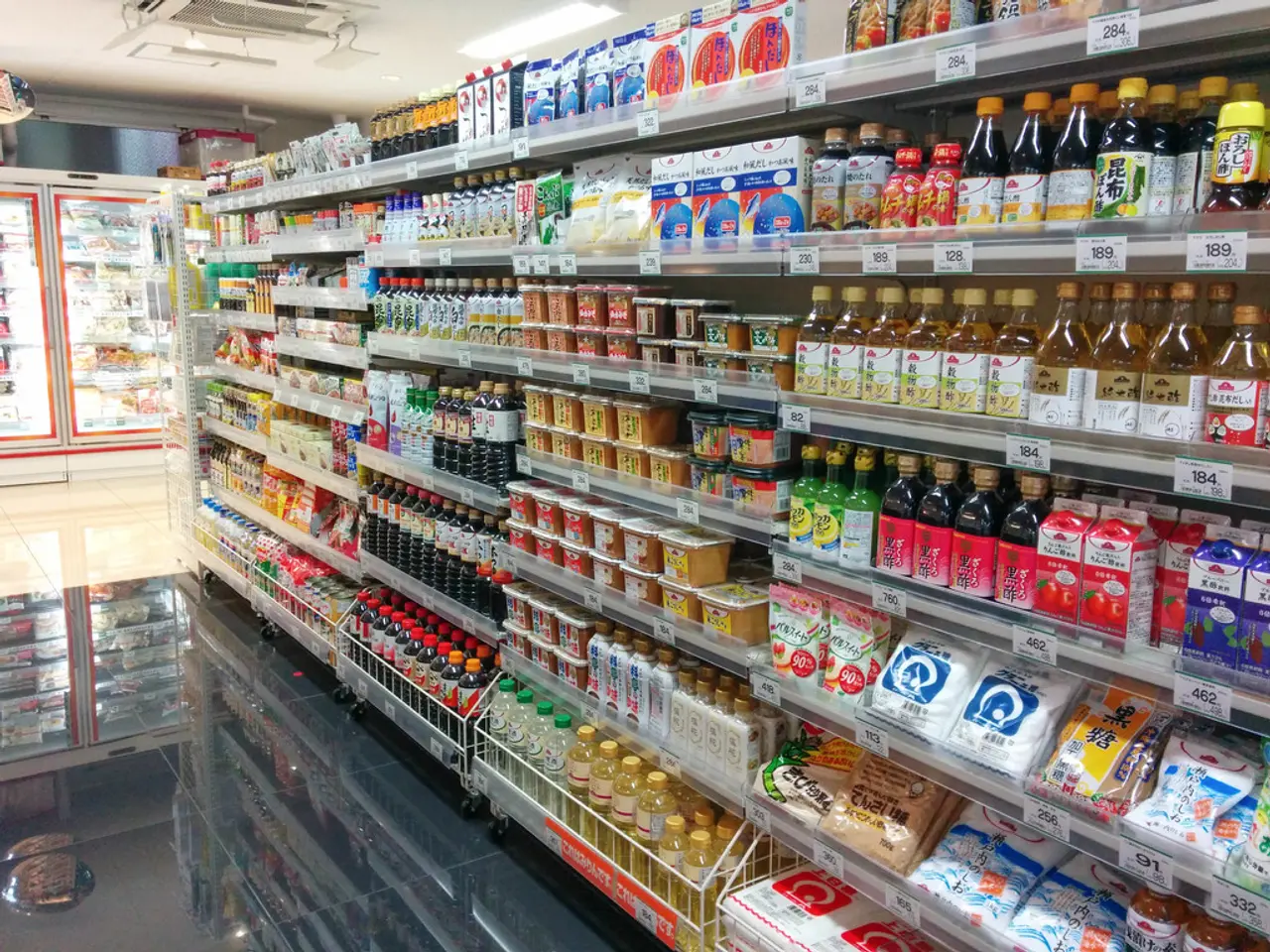Trade Ministry Discusses New Tariffs Imposed by Trump
In a recent government briefing, Minister of Trade and Integration Arman Shakkaliev discussed the impact of the 25% tariffs imposed by U.S. President Donald Trump on Kazakhstan's exports. These tariffs, according to CMN.KZ, are likely to have significant effects on Kazakhstan’s domestic businesses, prices, and trade relationship with the U.S.
Impact on Domestic Businesses
Kazakh exporters are expected to face higher costs entering the U.S. market due to the tariff, making their products less price-competitive compared to alternatives from countries without such tariffs. This could potentially lead to adjustments in production or market focus. Some Kazakh firms might absorb the tariff costs to remain competitive, which could squeeze profit margins.
Impact on Prices
The tariff increase typically translates into higher prices for Kazakh goods sold in the U.S., either because exporters pass on the costs or because U.S. importers absorb some costs but still raise prices. This could reduce demand from U.S. consumers for Kazakh imports. Conversely, U.S. producers of goods competing with Kazakh imports could gain a competitive advantage, potentially affecting prices and market dynamics domestically within the U.S.
Impact on the Trade Relationship
The new tariffs are part of a broader U.S. policy targeting large trade deficits and non-reciprocal tariffs, signaling strained trade relations. This measure demonstrates U.S. concerns regarding Kazakhstan’s tariff and non-tariff policies viewed as barriers to U.S. exports. The tariffs might provoke retaliatory measures from Kazakhstan or motivate negotiations for new trade terms, but as of the imposition, no agreement favorable to Kazakhstan had been reported. This could lead to slowed trade growth or even contraction in bilateral trade volumes.
Minister Shakkaliev's Approach
Minister Shakkaliev's approach to the U.S. tariffs is non-standard, aimed at deepening and expanding trade turnover rather than regressing. He has proposed specific measures aimed at achieving this goal, and the Ministry of Trade in Kazakhstan has sent these proposals to the U.S. side for consideration. The minister stated that the current situation with the U.S. tariffs on Kazakhstan’s exports is non-standard and violates international commitments. He also explained that 95% of Kazakhstan's exports mentioned in the U.S. document are not subject to additional tariffs.
The specific items potentially affected by the tariffs are ferrosilicon and phosphoric products, which make up 4.5% of Kazakhstan's exports, amounting to around $100 million. Minister Shakkaliev stated that American consumers will have to pay 25% more for certain products due to the U.S. tariffs. He also clarified that the tariffs are within the rules of the WTO, according to the minister.
In summary, the 25% U.S. tariff on Kazakh imports is expected to increase export costs for Kazakh businesses, raise prices of their goods in the U.S., and contribute to tension in the trade relationship, possibly dampening bilateral trade unless negotiated otherwise. Minister Shakkaliev's proposals for the U.S. tariffs are aimed at fostering a more expansive trade relationship between the U.S. and Kazakhstan. Negotiations between the two countries regarding these tariffs are currently ongoing.
- The discussion on war-and-conflicts might arise from the potential retaliatory measures that Kazakhstan could impose on the U.S. following the imposed tariffs.
- The U.S. tariffs and the ensuing negotiations can be a topic of interest in politics and general news, as they could impact policy-and-legislation regarding international trade.






